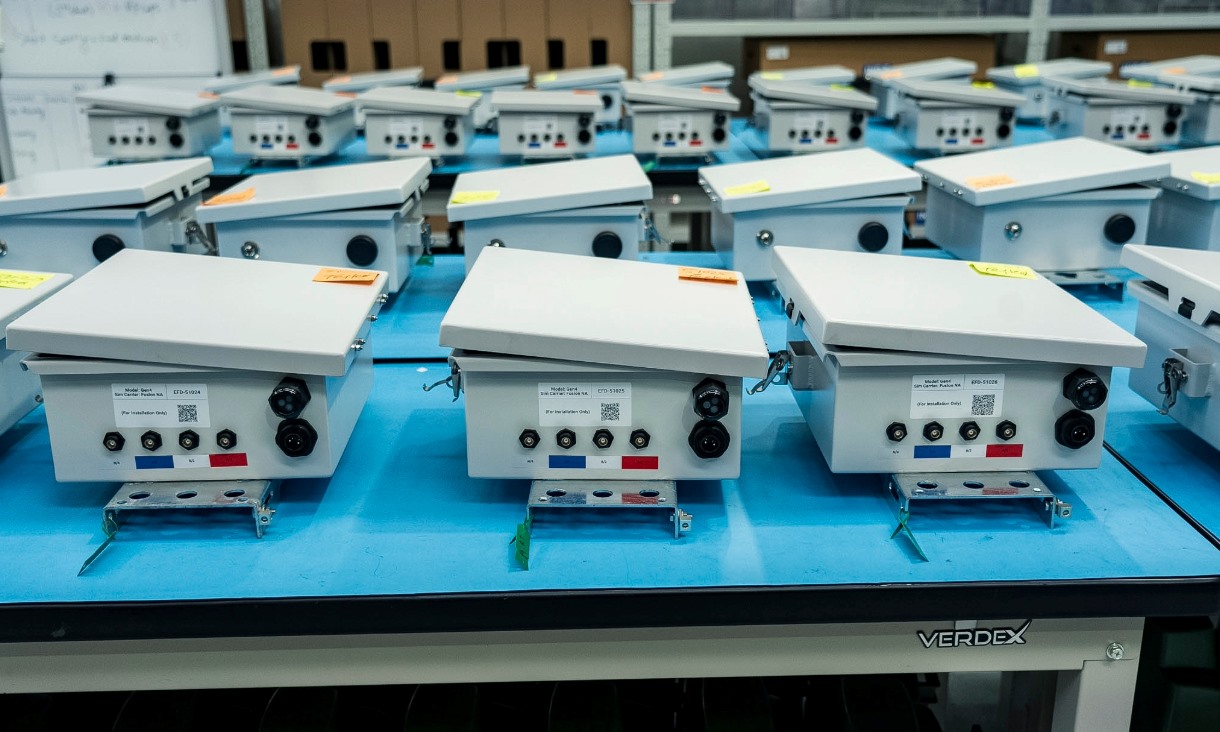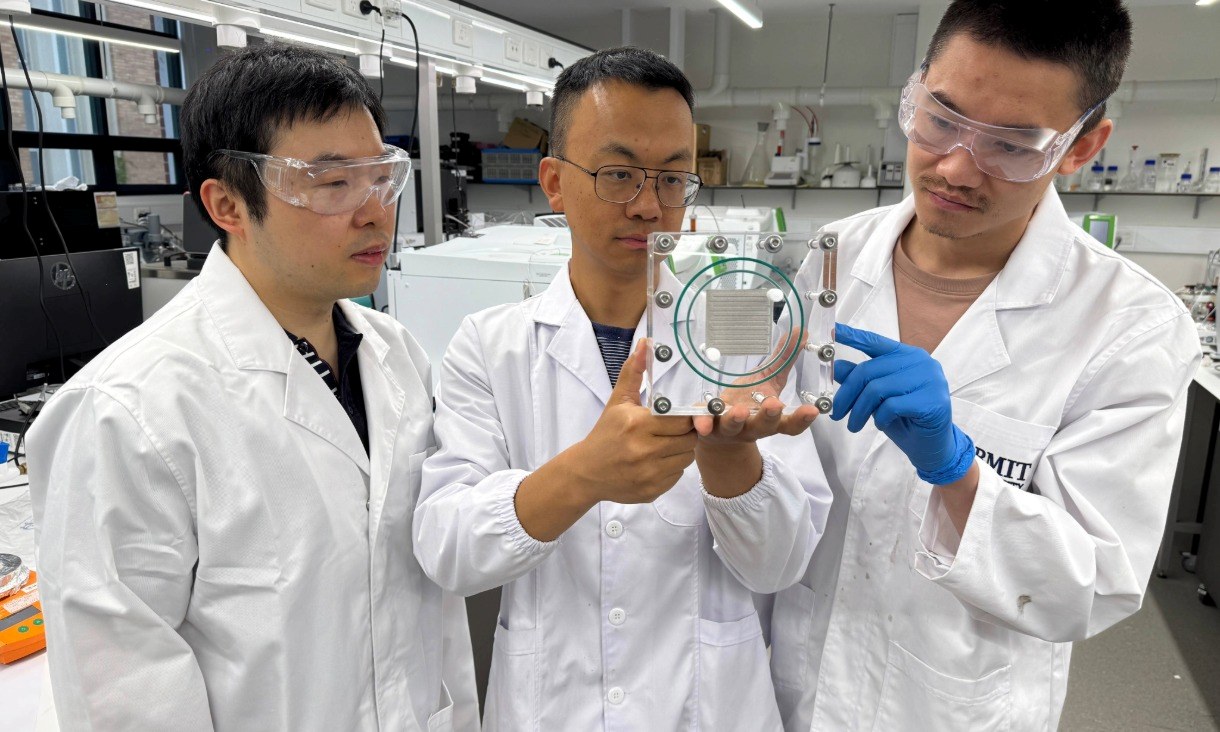Dr Emmanuelle Walkowiak, Vice Chancellor’s Senior Research Fellowship
“GenAI represents a profound transformation in human-machine interaction and collaboration, as machines and workers can ‘communicate’ through a common language.
“This technology can drive significant productivity gains in the workforce.
“However, optimising these productivity gains sustainably depends on protecting workers' fundamental rights like fair wages, working conditions and job security as AI becomes more widely deployed.
“Our research at RMIT shows that with GenAI, productivity and risks are inseparable. These risks include privacy breaches, cybersecurity, breach of professional standards, bias, misinformation, accountability, and intellectual property risks.
“Our findings are clear: workers are highly exposed to AI risks.
“Importantly, AI will never be a ‘workforce’ and we will not have ‘AI workers’. The idea of reporting ‘digital workers’ (i.e. technology) as we report human employees is non-sensical.
“If you naively consider AI as an autonomous agent at work, you should audit your AI risks.
“Language like this promotes the well-known narrative of job displacements by technology and gives incentives to embody it into workplace organisational processes.
“It dangerously dehumanises work and the potential brought by digital transformation to complement workers.
“It is true that we need to design new AI-resource management practices to mitigate AI risks and ensure a safe and ethical deployment of AI.
“The role of HR management should be to upskill workers to use AI, improve job quality with AI, ensure that the distributional effects of AI are shared, and support collective bargaining for the deployment of AI.
“We must upskill computer scientists to underpin this technology with ethical parameters and new procedures to protect data privacy, as well as avoid worker surveillance through AI monitoring, control wage theft, and identify accountability rules for AI decisions impacting workers.
“This is how we optimise the return on investments in AI at work.”
Emmanuelle Walkowiak is Vice-Chancellor’s Senior Research Fellow at RMIT in the School of Economics, Finance and Marketing. She leads the FLOW-GenAI initiative (Future of Labour, Organisation and Work with GenAI).
***
General media enquiries: RMIT External Affairs and Media, 0439 704 077 or news@rmit.edu.au







